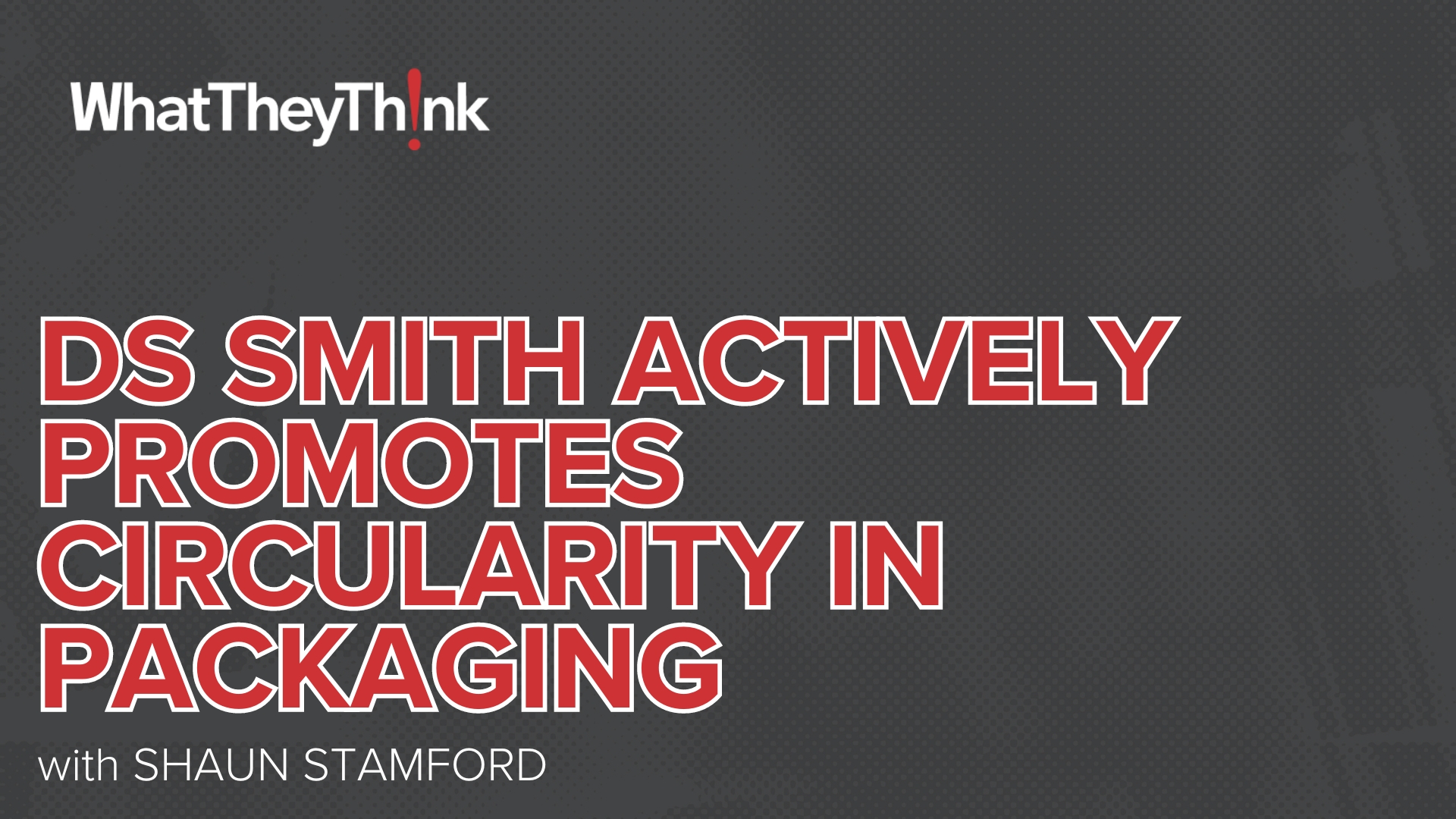The US Government Has Just Issued a Policy Paper on Plastics Pollution and Goes on to Ignore the Environmental Impact of Other Packaging Solutions
Press release from the issuing company
The issue is not plastics but plastic waste in the open environment
The US government has launched a new policy paper entitled “Mobilizing Federal Action on Plastic Pollution: Progress, Principles and Priorities” in which the US government details the current challenge facing law makers.
The paper states: “Plastic production around the globe has doubled over the past two decades. Plastic waste has also doubled in that time, and is now found almost everywhere on our planet, from floating garbage patches in the Pacific Ocean to nearly every waterline, coastline, and shoreline, including beaches and riverbanks.
Plastics are turning up in the stomachs of whales, birds, and other animals that ingest them. Communities near plastic production and processing facilities are confronted with toxic air emissions and chemical releases. Researchers are sounding alarm bells over the growing presence of microplastics in the human body and are concerned that the ingestion of microplastics and exposure to plastics-related pollution are posing a growing risk to public health."
The problem is clearly the plastic which gets out into the open environment, from which it cannot realistically be collected for recycling, composting, or anything else.
According to Michael Laurier, CEO of Symphony Environmental Technologies Plc, “The simplistic solution is to ban plastics, but plastic cannot and should not for the foreseeable future be banned, as it is in many cases the best material for the job.“
“So, we think that the plastic itself needs to be made so that it will biodegrade much more quickly if it gets into the open environment, leaving no microplastics or eco-toxicity. This is why oxo-biodegradable technology was invented. This technology is delivered in the form of a masterbatch to the plastics industry and is available now at little or no extra cost.”
The US paper also says “the production and transport of plastics are contributing to greenhouse gas pollution and exacerbating climate change.”
“What it does not say is that the energy used and pollution caused, by the manufacture and transport of other packaging materials such as glass, metal, and paper, are much greater,” concluded Laurier.
- Inkjet Integration with Kodak Continuous Inkjet Printheads
- What You Don’t Know About Print Volumes and Inkjet
- Getting outside help for customer interviews
- An Integrator’s Wish List – Part Three
- Inkjet Integrator Profiles: Industrial Inkjet Limited
- Set a Clock on Incentives
- Koenig & Bauer Durst: An interesting and emerging offspring
- Counting Chinese Inkjet Presses at drupa 2024
© 2024 WhatTheyThink. All Rights Reserved.














Discussion
Join the discussion Sign In or Become a Member, doing so is simple and free